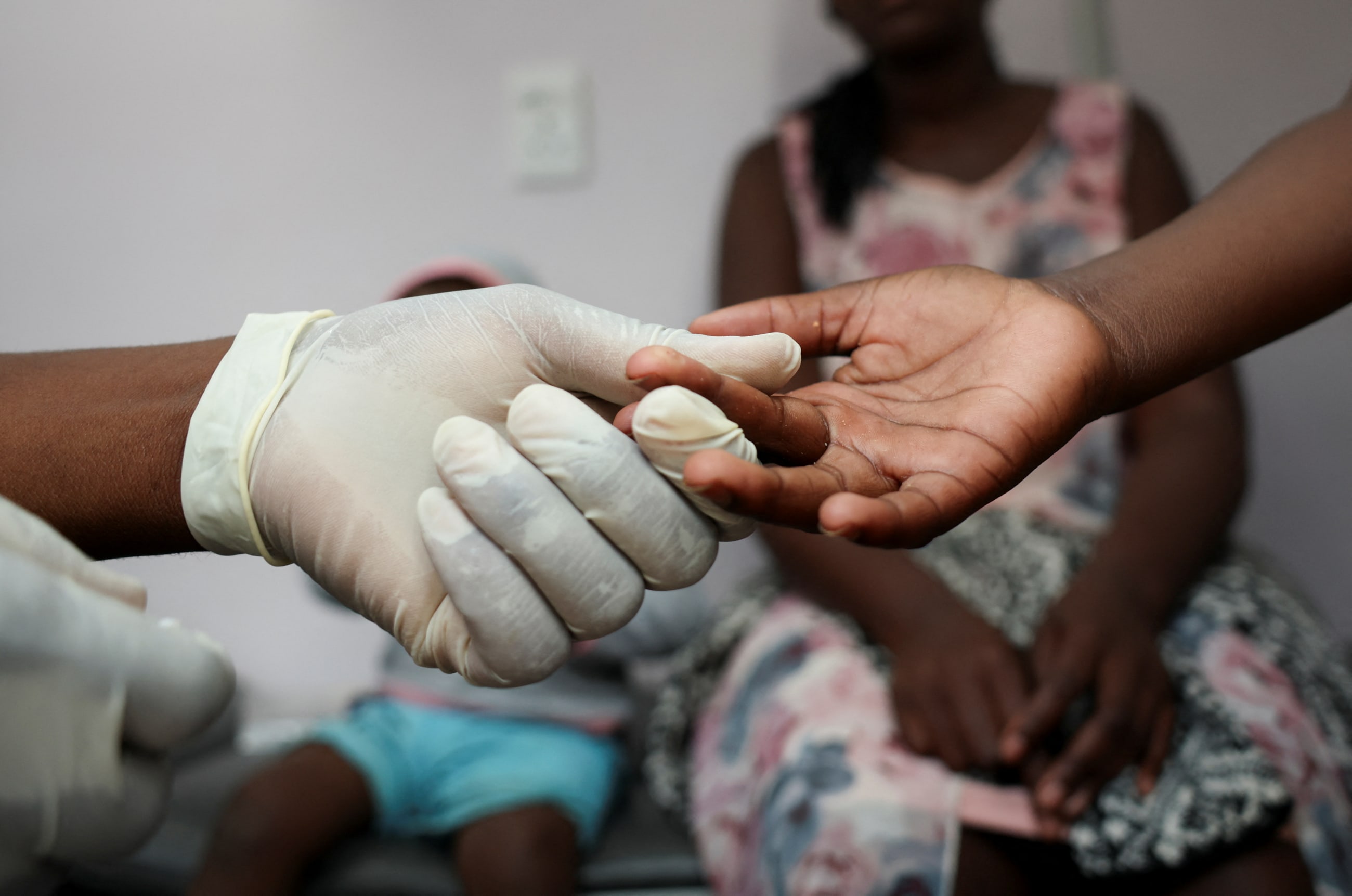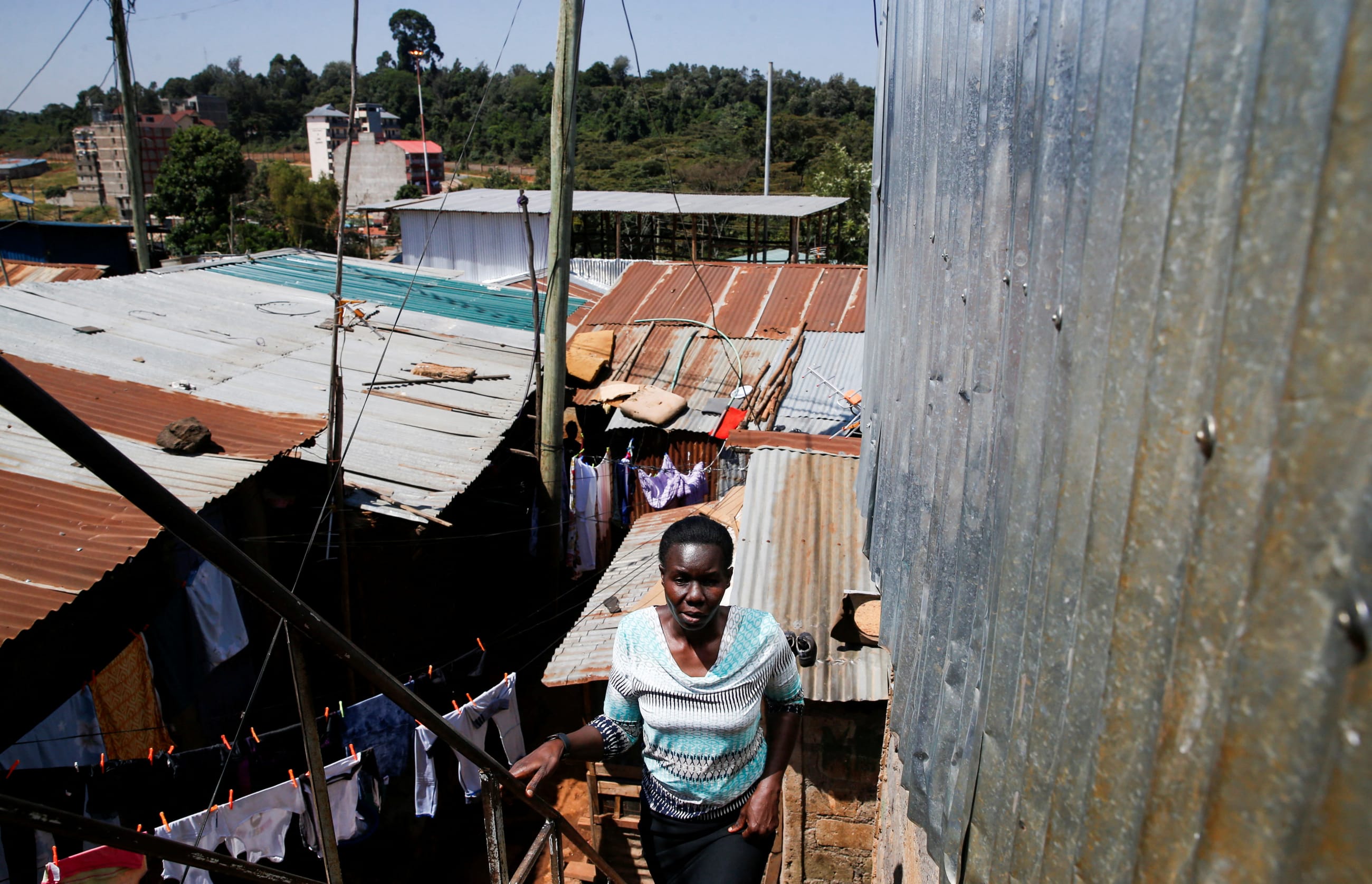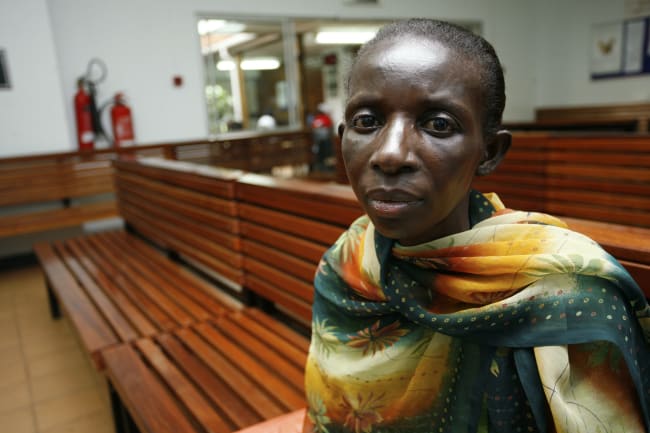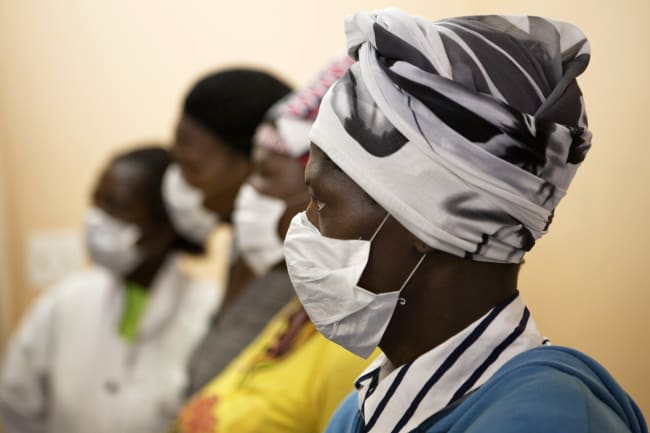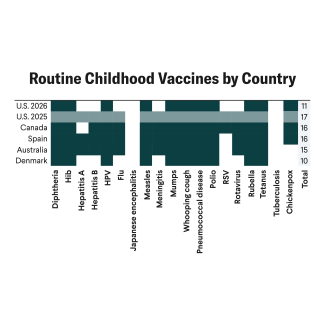After years of historic progress on HIV incidence and mortality, made possible in large part by U.S. leadership, Congress is considering major changes to the President's Emergency Plan for AIDS Relief (PEPFAR), including proposed funding cuts, a withdrawal from most HIV prevention activities, and an accelerated timeline for handing over HIV programs to developing country partners.
Sustained progress remains within reach in this radically changing environment if the strategic realignment between PEPFAR and partner countries is well planned and executed and prioritizes HIV prevention. These transitions should also be tailored to the unique circumstances in each setting. Echoing this priority, the report accompanying the House National Security, Department of State, and Related Programs fiscal year 2026 appropriations bill calls for a strategy to "gradually and responsibly reduce U.S. funding . . . through the use of country transition plans, while prioritizing the safety and health of beneficiaries."
African leaders have similar aims. In mid-August, the African Union and several heads of state released the Accra Initiative for a New Global Health Governance Architecture, which calls for moving beyond donor dependency to country-owned and sustainable health systems.
The question is whether these transitions will be accomplished in a way that maintains progress against HIV, keeps communities engaged, and protects the most vulnerable. Three principles, drawn from our recent report on this subject, could guide the transition process.
Drive Increased Domestic Country Investments in HIV Programs
Domestic sources now account for 59% of HIV program costs in low- and middle-income countries.
In Botswana and South Africa—the countries with the third and fourth highest HIV prevalence respectively—HIV responses are now largely financed by domestic resources. Even though Botswana and South Africa are among the wealthiest African countries, their success shows what is possible over time with strong national commitment and planning. Sustained domestic commitment has allowed the United States to reduce PEPFAR assistance [PDF] over time.
South Africa has approved creation of a national health insurance program to be funded by government revenues, monthly premiums for high earners, and monthly employee contributions. This new program will not be implemented overnight but is instead being rolled out in stages.
In March 2025, Nigeria's government allocated the equivalent of $437 million to support HIV, tuberculosis (TB), and malaria services. To elevate sustainability over the longer term, Nigeria announced a dedicated AIDS Trust Fund in 2022.
Thailand has achieved near 100% health coverage, financed by tax levies and contributions by employers. Thailand is a long-time leader in efforts to achieve universal health coverage, having created its national health insurance system in 2002.
Indonesia launched its national health insurance scheme in 2014, achieving coverage of more than 90%. In addition to expanding health coverage, Indonesia's national health system has lowered out-of-pocket health expenses and protected households from catastrophic health costs.

Several countries have developed innovative financial mechanisms, including a dedicated AIDS tax levy in Zimbabwe and debt swaps by Ivory Coast. Zimbabwe's dedicated tax levy, funded from a 3% surcharge on income and business profits, was implemented in 1999, a time when the country was experiencing acute increases in new HIV infections and demand for HIV treatment services.
Going forward, policies should help countries further strengthen budgetary and taxation systems, access debt relief, and more fully leverage international development institutions and the private sector. The Global Fund—in effect the finance leveraging arm of PEPFAR—is a key tool for driving sustainability with its cofinancing requirement that mandates countries to increase their investments in health. Under its sustainability, transition, and cofinancing policy, the Global Fund provides countries with years of advance notice of funding withdrawal and works with countries to plan for long-term sustainability of national HIV responses.
Embed HIV Services in Inclusive National Health Systems
As of 2023, 70 countries provide HIV services as part of their overall health systems. PEPFAR can support progress by providing technical assistance for core health system elements, such as laboratories, procurement and supply chain mechanisms, and monitoring and evaluation. PEPFAR and the Global Fund have prioritized the integration of HIV services with other health care that people living with HIV need, including services for TB, viral hepatitis C virus, and cervical cancer.
Legitimate concerns have been raised about fully embedding HIV care in national health systems, particularly that stigma and discrimination will undermine service access for the most vulnerable. Dedicated services specifically tailored to these populations (as detailed in an analysis released with UNAIDS last year) are likely to continue to be needed in many settings, although these population-dedicated platforms offer opportunities for service integration as well.
Make a Strategic Investment in Long-Acting HIV Prevention
In June, the U.S. Food and Drug Administration licensed lenacapavir for use in preventing HIV infection. Studies have established that the twice-yearly shot has an efficacy of nearly 100%, meaning that it reduces the odds of catching HIV by that much. The availability of lenacapavir builds on the rollout of cabotegravir, another highly effective long-acting HIV prevention.
Lenacapavir, cabotegravir, and other prevention products promise to be game changers in HIV incidence if they can reach those at greatest risk. Long-acting prevention medicines are particularly important in countries with weaker health systems because they reduce the need for repeat attendance at remote clinics—the current routine for pre-exposure prophylaxis (PrEP) medication. Drugs such as lenacapavir and cabotegravir also improve adherence given that some patients struggle to take daily PrEP pills to prevent infection from a virus they may not feel at risk from.
The U.S. government should make strategic investments in prevention interventions and target them to settings and populations where new HIV infections are on the rise or not keeping pace with targets, such as the Philippines, which is experiencing the highest growth rate in new HIV infections in Asia.
U.S. leadership on the global HIV pandemic has changed the world, markedly improving life expectancy and accelerating economic development in some of the world's poorest countries while strengthening U.S. health security. As U.S. engagement in the global HIV/AIDS fight moves to its next phase, now is the time to work with partners to install sustainability that realizes the promise and intent of partner governments and communities, PEPFAR, and the Global Fund—to end the pandemic once and for all.
